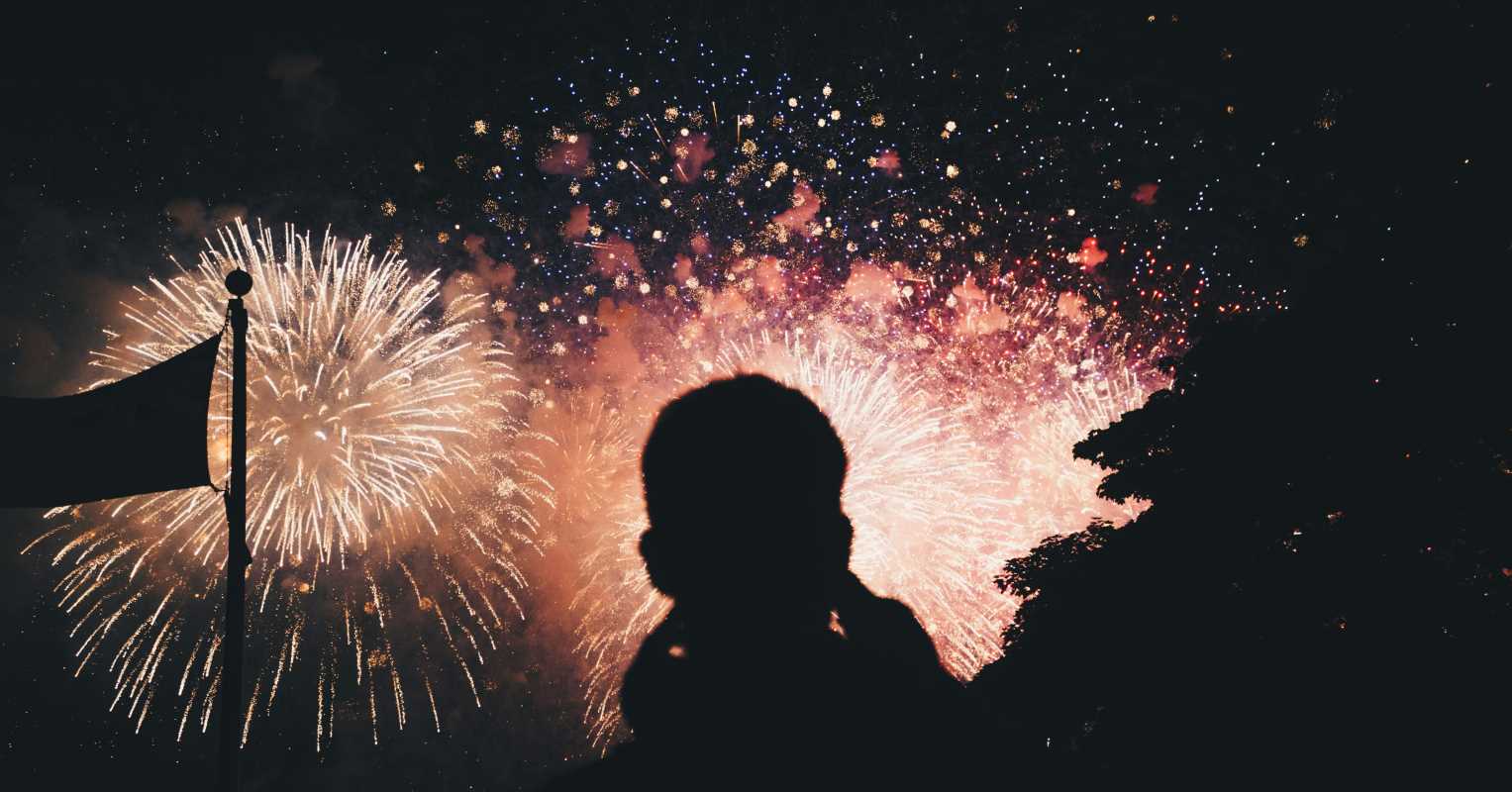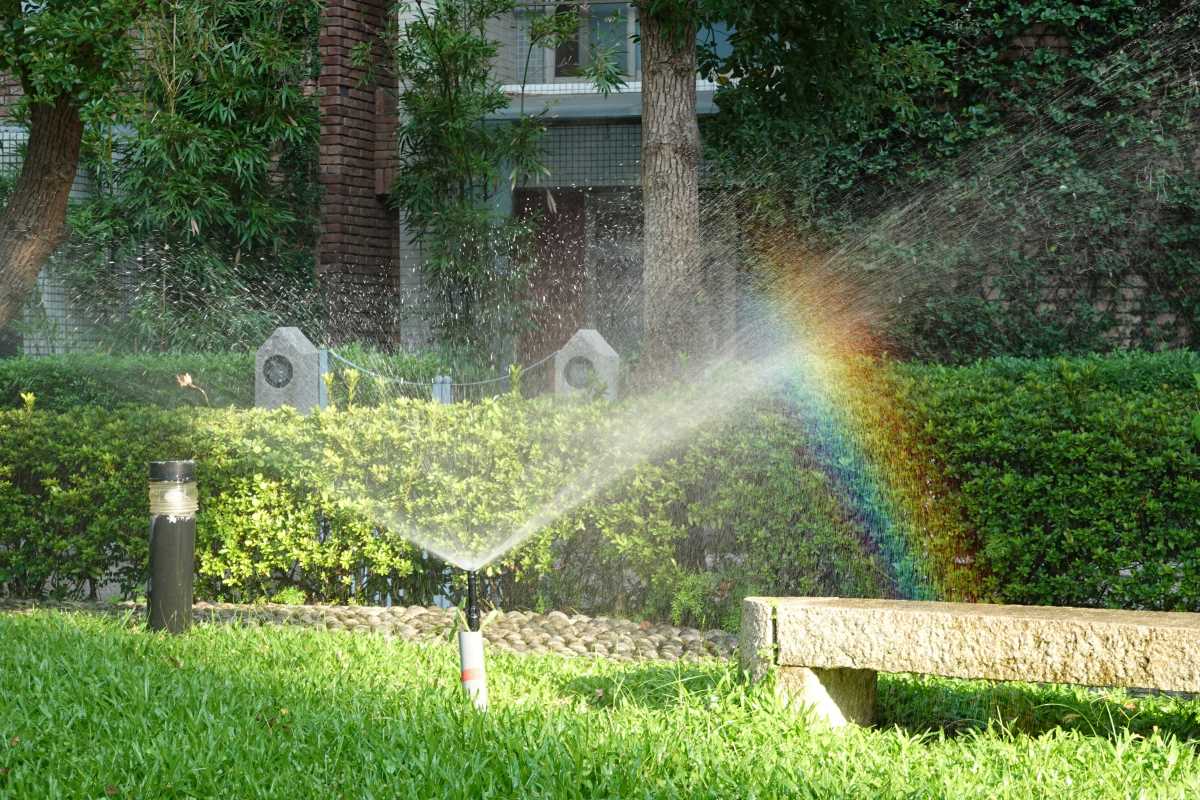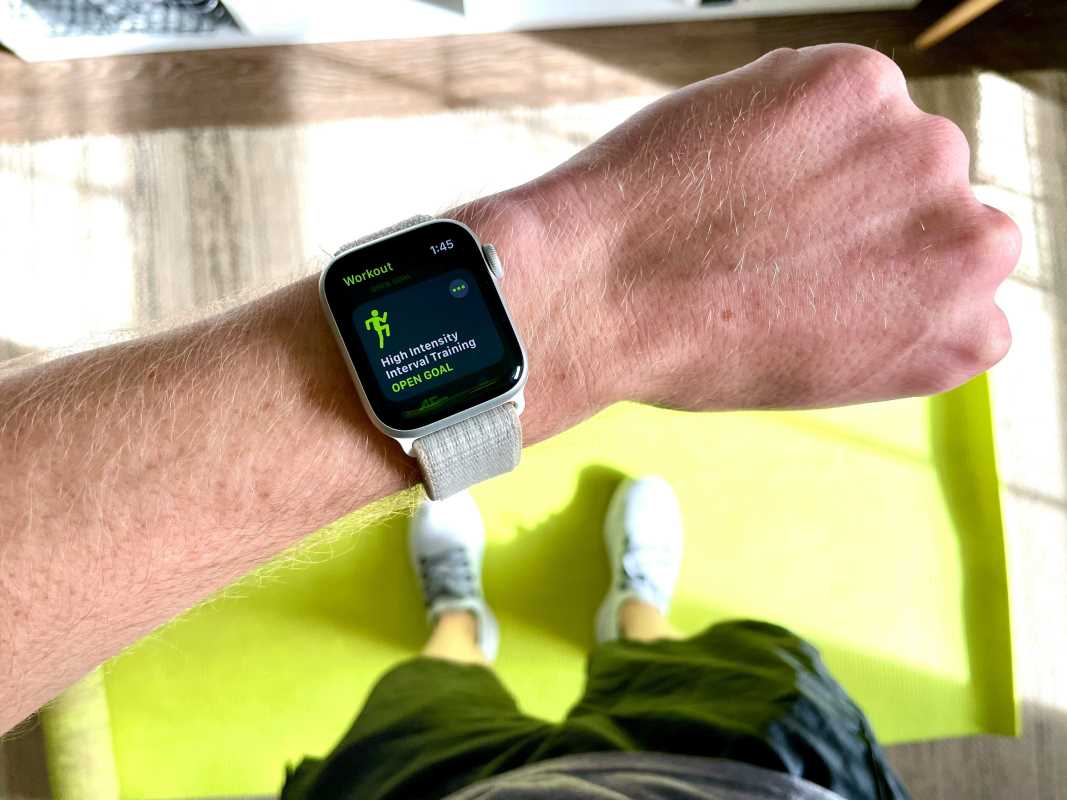Independence Day is a time of celebration, marked by dazzling fireworks, lively parties, and patriotic pride. But for individuals living with PTSD, particularly veterans and trauma survivors, the loud noises and sudden bursts of light can trigger overwhelming stress or flashbacks. While others revel in the festive spirit, people managing PTSD may feel anxious, unsafe, or on edge, struggling to find peace amidst the sensory overload.
The good news is that support and resources are available to help individuals cope during this challenging time. Whether you’re personally navigating Independence Day with PTSD or supporting someone who is, here are five categories of resources that can make the holiday a little more manageable.
Therapy and Counseling Services
For those dealing with PTSD, therapy can be a lifeline, offering a safe space to process emotions and develop strategies for coping with specific triggers like fireworks and large crowds. Counselors experienced in trauma therapy provide tools to help clients regain control and improve their emotional resilience.
Types of Therapy That Can Help
- Cognitive Behavioral Therapy (CBT): Helps individuals identify and reframe negative thought patterns related to PTSD triggers.
- Exposure Therapy: Gradually desensitizes individuals to feared stimuli, such as fireworks, in a controlled and supportive environment.
- Eye Movement Desensitization and Reprocessing (EMDR): Targets traumatic memories and helps reduce their emotional intensity.
Finding Therapy Options
- VA Resources: Veterans can access mental health services through the U.S. Department of Veterans Affairs, which offers both in-person and telehealth counseling options.
- Local Providers: Search directories like Psychology Today or BetterHelp to find licensed therapists who specialize in PTSD.
- Sliding Scale Clinics: Community clinics often provide therapy at lower costs based on income, making professional help more accessible.
Starting therapy before the holiday can equip individuals with actionable techniques to prepare for and manage triggers during Independence Day.
Online Support Groups
The sense of connection and understanding that comes from sharing experiences with others facing similar challenges is invaluable. Online support groups provide a virtual haven for individuals managing PTSD, allowing them to access encouragement and advice without leaving the comfort of their homes.
Benefits of Online Groups
- Anonymity: Many platforms allow users to participate without revealing their full identities, creating a safe and judgment-free space.
- Accessibility: Online groups are available 24/7, ensuring support is just a click away, even during middle-of-the-night triggers.
- Shared Experiences: Members frequently share coping strategies, resources, and success stories that can inspire hope and resilience.
Recommended Online Communities
- PTSD Buddy: A highly active Facebook community of individuals sharing tips and emotional support.
- Veterans’ Forums: Websites like My HealtheVet or Veterans Crisis Line offer dedicated spaces for veterans to discuss PTSD.
- Reddit Threads: Subreddits like r/ptsd and r/cptsd provide discussion boards for sharing struggles and celebrating victories.
Logging into these communities during the days surrounding Independence Day can create feelings of camaraderie, reducing loneliness and highlighting effective coping methods others have found helpful.
Grounding Techniques for Managing Triggers
When fireworks burst unexpectedly, it’s common for trauma survivors to feel transported back to overwhelming or dangerous memories. Grounding techniques help redirect focus to the present, calming the mind and body while breaking the cycle of panic.
Effective Grounding Methods
- 5-4-3-2-1 Method:
- Name 5 things you can see.
- Identify 4 things you can touch.
- Notice 3 things you can hear.
- Acknowledge 2 things you can smell.
- Focus on 1 thing you can taste.
- Deep Breathing: Breathe in for a count of 4, hold for 4, and exhale for 4. Helping your brain focus on rhythmic breathing often reduces anxiety.
- Tactile Tools: Carry soothing objects like stress balls, fidget cubes, or even a cold water bottle to squeeze during times of stress.
- Affirmation Cards: Write down comforting statements (e.g., “I’m safe here” or “This moment will pass”) to read when anxiety peaks.
Creating a Grounding Toolkit
Keep stress-reducing tools close at hand, such as noise-canceling headphones, calming essential oils, discreet fidgets, or downloaded meditation apps like Calm or Headspace. Taking proactive steps to stay grounded can make the sensory impact of celebrations less overwhelming.
Community Programs for Quieter Celebrations
Traditional firework-heavy festivities can be overwhelming for individuals with PTSD, but quieter, more inclusive community events offer an excellent alternative. Many cities and organizations are now hosting sensory-friendly celebrations designed to foster a calmer environment.
Types of Quieter Events
- Laser Light Shows: These displays combine visuals of traditional fireworks with laser technology, eliminating the loud cracking sounds.
- Daytime Parades: Celebrations held in the daylight hours often include patriotic marches, music, and food trucks but forego fireworks.
- Community Picnics: Local parks or community centers frequently host festive barbecues or picnics, allowing attendees to enjoy the holiday in a relaxed, more subdued setting.
How to Find These Events
- Check your city’s Parks and Recreation website for event calendars featuring alternative celebrations.
- Follow local Facebook groups or community boards, which often advertise family- and sensory-friendly options.
- Reach out to veteran or trauma-focused organizations, such as Wounded Warrior Project, for recommendations on PTSD-friendly events.
Attending these gatherings can reduce stress while still allowing individuals to feel connected to holiday traditions.
Helplines and Crisis Resources
For moments of acute distress, immediate support can make all the difference. National and local help organizations provide 24/7 resources for PTSD management during stressful events like Independence Day.
Resources to Rely On
- Veterans Crisis Line: Designed specifically for veterans, call 988 (then press 1), text 838255, or chat at VeteransCrisisLine.net for confidential support.
- National Suicide Prevention Lifeline: Call 988 to connect with trained crisis counselors who can provide assistance during intense emotional moments.
- SAMHSA Disaster Distress Helpline: Call or text 1-800-985-5990 for immediate emotional support during distress related to natural disasters or holiday triggers.
Practical Preparation Tips
- Save these numbers in your phone’s favorites for quick access.
- Share crisis resource information with those around you to ensure support is easily accessible when needed.
- Practice self-awareness; if triggers begin to intensify, consider stepping back to a quieter environment or reaching out for immediate assistance.
While Independence Day celebrations bring joy to many, the sensory overload they create can pose real challenges for those living with PTSD. By leveraging therapy, joining online communities, practicing grounding techniques, exploring quieter events, and keeping crisis resources handy, individuals can take proactive steps toward creating a safer, more supportive holiday experience.
Whether you or someone close to you is managing PTSD, remember that no one has to face it alone. Building a network of resources and tools transforms an anxiety-provoking holiday into one with greater peace, resilience, and even joy. This Independence Day, prioritize mental health and feel empowered to make choices that honor your well-being.
 (Image via
(Image via





